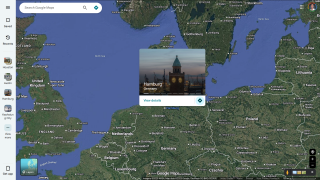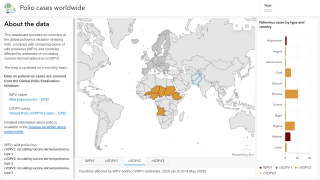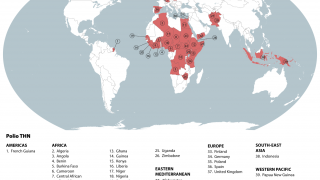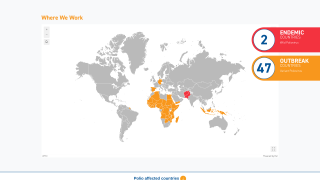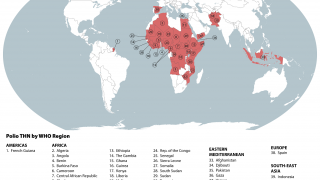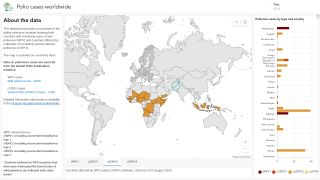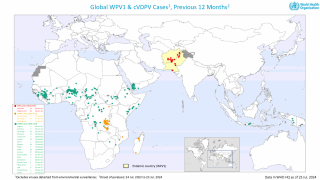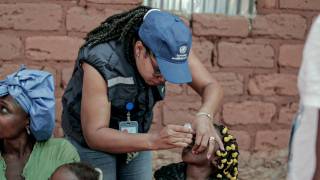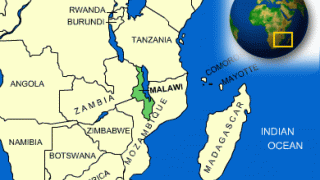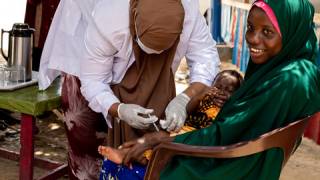Poliovirus Samples Detected in 16 European Cities
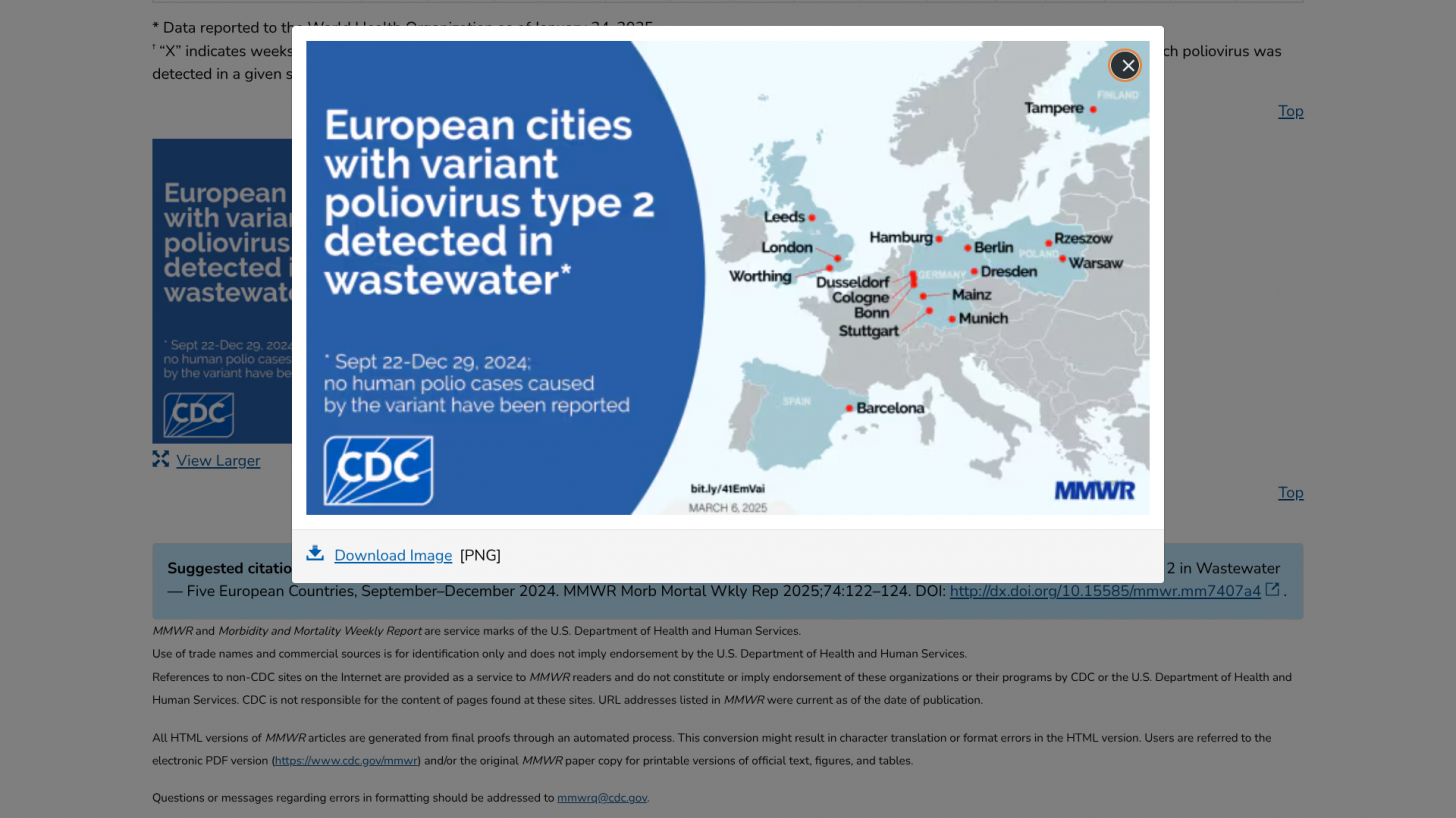
For many months, the World Health Organization has confirmed that the spread of the poliovirus remains a Public Health Emergency of International Concern.
This concern was validated during the last few weeks of 2024, when vaccine-derived poliovirus type 2 (VDPV2) genetically linked to the Nigeria lineage was detected in wastewater samples in 16 cities in five European countries: Spain, Poland, Germany, the United Kingdom, and Finland.
The U.S. CDC wrote in Notes from the Field MMWR on March 6, 2025, that the isolation of VDPV2 from wastewater represents the virus's importation into these countries. So far, no human polio cases or poliovirus infections have been reported in association with these detections.
Furthermore, genetic sequence analysis confirmed that these detections were linked to the emergence of the cVDPV2 NIE-ZAS-1 virus, which was first detected in Zamfara, Nigeria, in July 2020 and continues to circulate in 2024.
In 2024, 94 confirmed polio-affected children were reported across 15 Nigerian states. No type 2 variant poliovirus cases have been confirmed in Nigeria so far in 2025.
The spread of cVDPV2 from this emergence group has caused poliomyelitis outbreaks in 15 other countries in North and West Africa. It has also been detected in six additional countries on the African continent.
And just this past week, the Global Polio Eradication Initiative confirmed that five countries reported polio cases, including Pakistan with three Wild Polio cases and 28 WPV1-positive environmental samples.
To alert international travelers of this health risk, the CDC reissued a Global Polio Alert—Level 2, Practice Enhanced Precautions Travel Health Notice on January 15, 2025, regarding poliovirus detections in 39 countries.
The CDC wrote that affected countries are actively working to prevent the establishment of local transmission by vaccinating targeted populations to close immunity gaps.
Two types of vaccines are used to help prevent global polio: oral poliovirus vaccine (OPV) and inactivated poliovirus vaccine (IPV), which is given as an injection. The U.S. has been offering IPV services since 2000.
In addition to the IPV, over the past few years, about 1 billion nOPV2 vaccines have been administered in various countries.
To ensure appropriate funding for polio vaccination efforts, the Kingdom of Saudi Arabia recently reaffirmed its $500 million pledge to reach 370 million children with polio vaccines annually.
This event highlights the ongoing risk from circulating VDPV outbreaks and the need for intensified global efforts to eradicate all polioviruses. The CDC suggests prospective travelers speak with a travel vaccine expert about polio immunization options at least one month before departure abroad.
Our Trust Standards: Medical Advisory Committee


